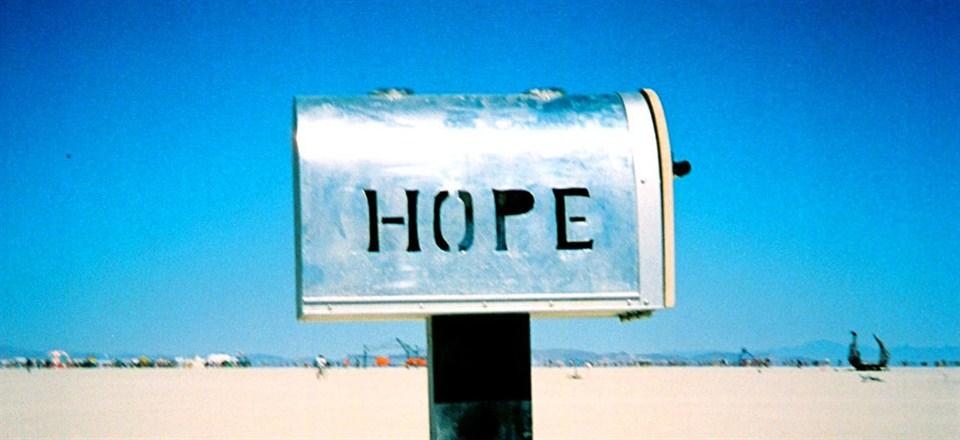
One of the most astounding things about efforts such as the Millennium Development Goals is that, despite their ambition, they have turned out to be goals that are quite achievable. We've shown our fellow humans definitively that there are no problems so large, so intractable that we can't make meaningful progress in solving them. Even more amazing, that kind of progress can happen on a scale not just measured in decades or lifetimes, but in just a few years.
So our biggest challenge in creating a new set of goals for our planet is in ensuring not that they are achievable, but that they are ambitious enough. I assume we will continue fundamental advancements in food security, public health, arresting climate change and addressing human rights. My suggestion is that we add another, equally challenging, item to that list: Significantly increasing the lifespan of consumer goods we purchase, particularly in the area of technology.
 Photo courtesy of Flickr user, herby_fr
Photo courtesy of Flickr user, herby_fr
My hope for 2030 is that those of us in the richer countries and communities of the world will find a way to change our culture to one where our consumer behaviors are sustainable.
Today, we have a culture of disposability around the products we buy, with technology the most egregious standard-bearer for the concept of limited lifespans for purchased goods. But the same spirit of relentless innovation that keeps us meeting the challenges of Moore's Law can be harnessed into creating gadgets and devices that break in, instead of breaking down.
While we've come to expect that the electronic devices that connect us together will be smaller, faster and lighter each year, we have to make a concerted shift toward demanding gadgets that last twice as long, and to stop thinking that somehow giving last year's model away as a hand-me-down somehow keeps that product from ending up in a landfill eventually. Worse, those of us in wealthier countries tend to have the detritus of our lifestyle hidden away from our everyday lives, and we seek temporary fixes like foisting our discarded products off on others as if our trash were treasure.
Recycling will be a key part of achieving this goal, of course, but sustainability isn't just about reusing the remains of our purchases. Instead, a focus on making technology that lasts will also necessarily yield products that can serve more of the world. We'll get a side benefit of eliminating the inequities in access to technology that today make these devices the privilege only of those who are already wealthy. These are shifts that can be made through a combination of market-driven incentives and smart policy changes.
We describe a lot of the things we buy every day as "smart," particularly if they're connected to the Internet or to software. But to truly be described as smart, they'll have to be products we can live with for a long time, and that can be of use to anyone in the world, and changing our culture of disposability can make a profound impact on the world of 2030.
This post was written by Anil Dash. Anil is an entrepreneur, technologist and writer acknowledged as a "blogging pioneer" by the New Yorker for having started his site Dashes.com in 1999 as one of the earliest and most influential blogs on the Internet.
Like this post? To read more posts like this one, please visit Impatient Optimists. And click here to sign up for the Impatient Optimists Newsletter.